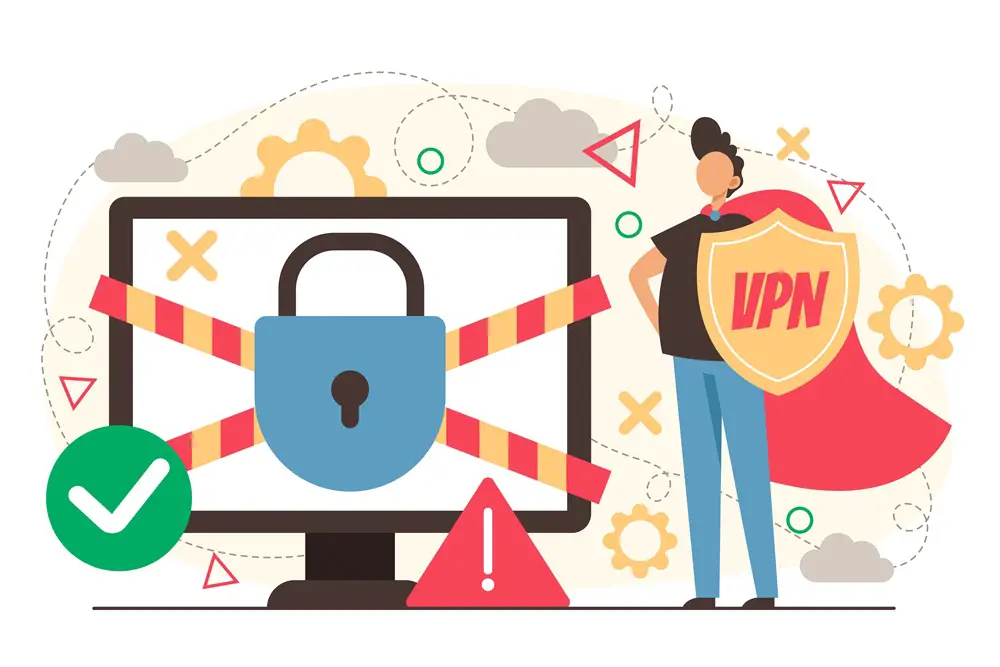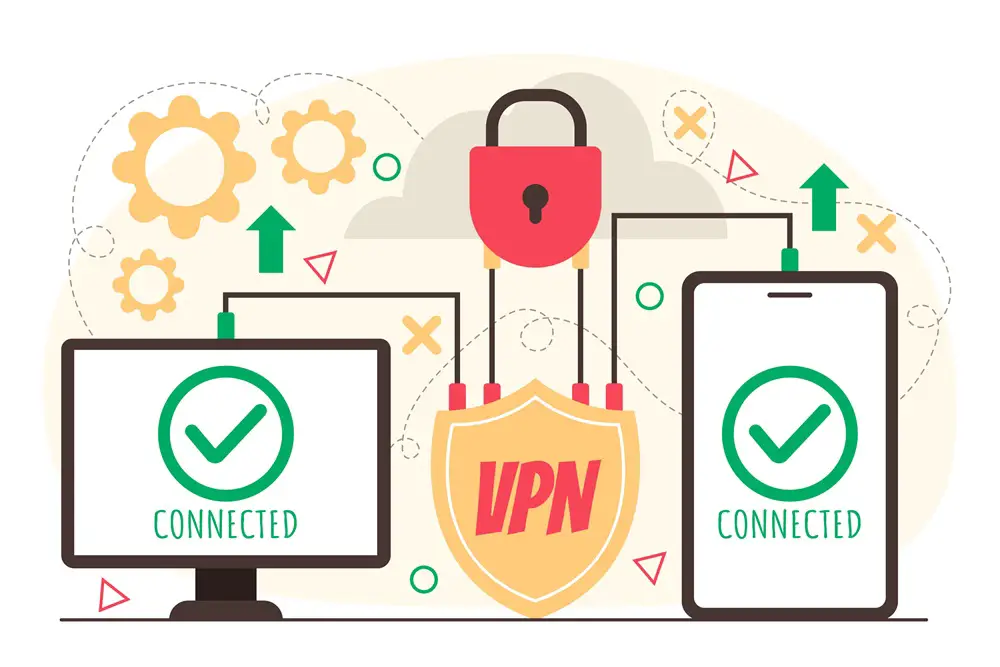In today’s digital age, safeguarding our online activity is more crucial than ever. With cybersecurity threats on the rise and the increasing scrutiny of internet privacy, utilizing a Virtual Private Network (VPN) has become a staple for savvy internet users. Here, we delve into 15 compelling benefits of using a VPN, highlighting how it can transform your online experience.
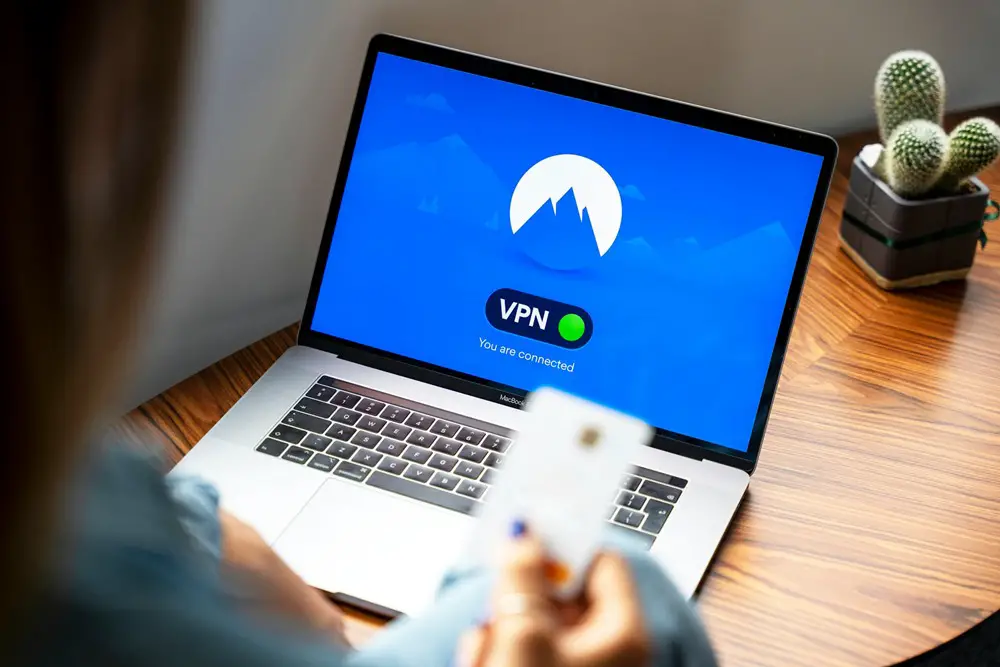
What is a VPN?
A Virtual Private Network, or VPN, is a powerful tool designed to enhance your internet security and privacy. At its core, a VPN creates a secure, encrypted tunnel between your device and the internet, safeguarding your online activities from prying eyes, be they cybercriminals, government agencies, or even your own Internet Service Provider (ISP).
15 Benefits of Using a VPN
1. Enhanced Privacy from ISPs
Your Internet Service Provider (ISP) can monitor your online activities without a VPN, compromising your privacy. With a VPN, your internet traffic is encrypted, preventing your ISP from tracking your online behavior. This ensures your browsing history remains private and inaccessible to your ISP, enhancing your online privacy significantly.
2. Secure Public Wi-Fi Connections
Public Wi-Fi networks, found in cafes, airports, and hotels, offer convenience but are notorious for their security vulnerabilities. These networks are often unencrypted, allowing malicious actors to intercept the data transmitted over them. A VPN encrypts your data, creating a secure tunnel that protects your information from hackers on public networks. Additionally, it masks your IP address, enhancing your privacy and security while using public Wi-Fi. This is one of the key benefits of using a VPN, ensuring your online actions remain private and secure, even on unsecured networks.
Read also: Protect Your Data from Snooping When You Are in a Free WiFi Zone
3. Access Geo-Restricted Content
One of the most popular uses of a VPN is to bypass geo-restrictions imposed on content by streaming services, websites, and apps. These restrictions often limit access to media, information, and services based on the user’s geographical location. By changing your IP address to one in a different country through a VPN, you can appear as though you are accessing the internet from that location, thereby unlocking content that would otherwise be unavailable in your region.
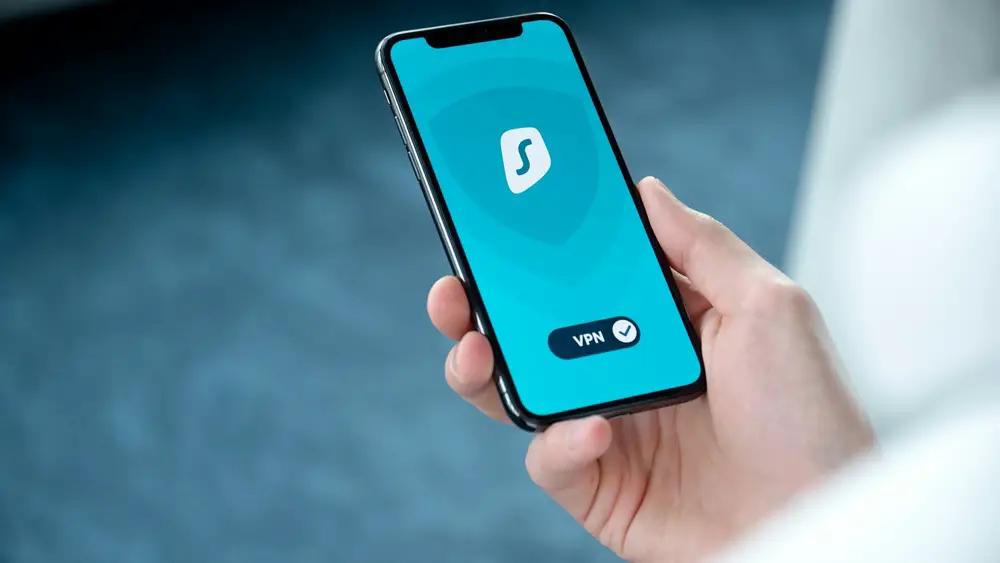
4. Avoid Bandwidth Throttling
Bandwidth throttling occurs when ISPs deliberately slow down your internet based on your activities, like streaming or gaming. A VPN hides your internet traffic, preventing ISPs from seeing and throttling your activities. This ensures consistent internet speeds, allowing for uninterrupted streaming, faster downloads, and smoother gaming, without ISP interference.
5. Enhanced Gaming Experience
A VPN not only improves online gaming by reducing ping times for smoother gameplay but also bypasses geo-blocks, offering access to a wider variety of games. Whether you’re engaging in fast-paced multiplayer battles or exploring casino games that pay real money, a VPN enhances your gaming experience by offering faster, unrestricted, and secure access. This is particularly advantageous for players in regions where such games are restricted. Additionally, a VPN provides robust security against DDoS attacks, ensuring a safer gaming environment.
Read also: Why Every Minecraft Player Should Think About Using a VPN?
6. Secure File Sharing
A VPN enhances secure file sharing by encrypting data transfers, protecting sensitive information from unauthorized access, especially on public Wi-Fi. It enables safe sharing of financial documents, business data, or personal files, maintaining privacy and bypassing censorship or network restrictions. This makes a VPN crucial for secure, private, and unrestricted file sharing across borders.
7. Bypass Censorship
One of the key benefits of using a VPN is its crucial role in bypassing censorship by rerouting internet connections through servers in unrestricted countries, disguising the user’s location. This functionality enables access to blocked websites, social media, and news platforms, particularly vital in regions with stringent internet controls. It serves as an indispensable tool for journalists, activists, and any individuals in need of uncensored access to information, allowing them to circumvent government restrictions and filters set by workplaces or schools. By empowering users to freely explore the internet, a VPN supports digital rights and promotes freedom of expression.
Read also: 5 Best Free VPN Services in 2024 – Are Free VPN Services Worth It?
8. Safe Online Banking
One of the significant advantages of a VPN is its enhancement of online banking security by creating a secure, encrypted connection, protecting your financial information from cyber threats, especially on public Wi-Fi. It hides your IP address, reducing the risk of phishing and fraud, and allows for safe banking from anywhere, even abroad. This encryption prevents hackers and even ISPs from accessing your sensitive banking details, ensuring your transactions are private and secure. Using a VPN for online banking is essential for maintaining the confidentiality of your financial activities and safeguarding against data breaches.
9. Anonymous Browsing
A VPN promotes anonymous browsing by masking your IP address and encrypting your data, making it hard for third parties to track your online activities. This is crucial on public Wi-Fi and against intrusive tracking by websites and ISPs. It prevents data collection on your browsing habits and protects against potential cyber threats. Additionally, it allows you to bypass censorship and access content without revealing your identity, ensuring your online actions remain private and secure.
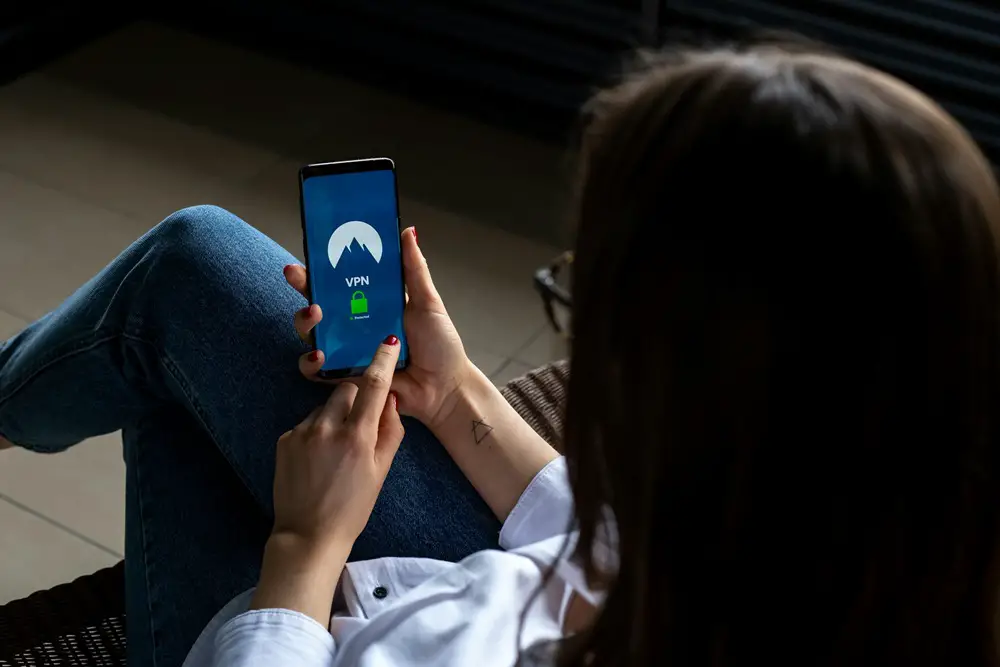
10. Lower Travel Costs
A VPN can reduce travel expenses by accessing cheaper rates and deals available in different regions. By changing your virtual location, you can find discounted prices on flights, hotels, and rental cars that may not be available in your home country. Additionally, a VPN helps you avoid dynamic pricing and provides access to exclusive discounts and promotions, maximizing your travel budget and allowing for more affordable trips.
11. Avoid Price Discrimination
A VPN prevents price discrimination by hiding your location and browsing history. Online businesses often adjust prices based on these factors, but with a VPN, you can access the same products at lower rates. By encrypting your data, a VPN ensures fair treatment and allows for transparent pricing comparisons across different regions.
12. Improved Performance and Efficiency
Using a VPN might actually speed up your internet under certain conditions. When ISPs limit your bandwidth for specific services, a VPN can bypass these restrictions, potentially enhancing your online experience. Some VPNs optimize data routes, improving speed and efficiency, especially if they offer a more direct connection to your online destinations. This makes VPNs useful not just for security, but also for a smoother internet experience.
13. Reduce Ad Targeting
A VPN can significantly decrease ad targeting by hiding your IP address and encrypting your data, making it hard for advertisers to track your online activities. Many VPNs also offer ad-blocking features, further reducing unwanted ads and trackers. This not only enhances your privacy but also offers a cleaner, more streamlined browsing experience.
Read also: Does Using a VPN Protect Against Malware?
14. Access to Remote Work
A VPN facilitates remote work by securely connecting employees to corporate networks from anywhere. It encrypts data, protecting it from cyber threats, and allows access to company resources as if you were in the office. With a VPN, remote workers can collaborate, attend meetings, and ensure compliance with security policies, enhancing productivity and adaptability in today’s remote work environment.
Pro Tip: Looking for a laptop that’s ideal for remote working? Check out our 5 best laptops for remote work that will surely empower you to stay productive and connected from anywhere.
15. Peace of Mind
Using a VPN provides peace of mind by encrypting your internet activity, making your data unreadable to hackers and hiding your location to ensure privacy. This security is especially crucial on insecure public Wi-Fi networks. A VPN also reduces unwanted surveillance and ads, allowing for safer, more private browsing and access to global content without restrictions. This comprehensive protection assures users of their safety and privacy online, making a VPN an essential tool for secure internet use.
Pro Tip: Would you like to setup a VPN on your home network? Learn how to set up VPN on your home network and add an extra layer of protection to your internet connection.
Read also: What to Do When You’ve Been Hacked (Vital 10 Things to Do)
Frequently Asked Questions (FAQs)
1) What are the advantages of using a VPN?
The advantages of using a VPN include enhanced online privacy, security, and access to geo-restricted content.
2) What is the main purpose of VPN?
The main purpose of a VPN is to create a secure and encrypted connection over the internet, protecting your data and online activities.
3) Is it good to be on a VPN?
Yes, being on a VPN offers numerous benefits, including increased privacy, security, and access to restricted content.
4) When should I use a VPN?
You should use a VPN whenever you want to ensure your online activities are private and secure, especially when using public Wi-Fi networks or accessing geo-restricted content.
5) What are the disadvantages of using a VPN?
Some disadvantages of using a VPN include potential slowdowns in internet speed, subscription costs for premium services, and the possibility of VPN services being blocked by certain websites or services.
Final Thoughts
The benefits of using a VPN extend far beyond simple online security. From safeguarding your data and privacy to providing access to restricted content and enhancing internet performance, a VPN offers a comprehensive solution to the myriad challenges of the digital world. By encrypting your internet traffic, masking your IP address, and bypassing censorship and geo-restrictions, a VPN ensures a safer, more private, and more enjoyable online experience. Whether you’re concerned about cyber threats, want to protect your privacy, or simply seek unrestricted access to the internet, a VPN is an indispensable tool for modern internet users. With its ability to provide peace of mind in an increasingly interconnected world, the benefits of using a VPN are undeniable.

